SCOTUS and the right to bear arms
The state does not owe us protection, and today SCOTUS affirmed that responsibility is ours
The US Supreme Court just posted their opinion on the Bruen case, regarding the right to carry weapons outside one’s home, basically, countering the laws of the State of New York.
A few thoughts.
(First, a major congrats to SLAG: he predicted a lot of what we saw today, from who would write the majority opinion - Justice Thomas on a rampage! - down to several of the details! If you don’t already, follow him for his future articles and analysis!)
In his article, he wrote:
”Heller addressed the question of “keep”. McDonald addressed the question of enumeration. Bruen will address the question of “bear” and the appropriate standard of judicial review for future Second Amendment cases. These three Supreme Court decisions will begin the restoration of Second Amendment rights for millions of Americans.”
That is the core of the decision today.
It takes aim at the ‘may issue’ position of NY State and several other states, and, in a major move, links further court cases on gun rights strictly to the actual text and intent of the 2nd amendment, linking it explicitly to how the first amendment is used and interpreted. That is HUGE!
This offers a very strong protection of the 2nd Amendment, in ways we will only see in future court cases. The ripple effect of this explicit linking of the court standards regarding 2A cases to the way the 1A is used, will be massive.
Also of note, is the way Justice Alito wrote a supporting opinion specifically to counter the dissent by Justice Breyer, joined by Justices Sotomayor and Kagan.
In it, he really punches back, and exposes the emotional arguments used all over the country when it comes to gun cases and gun rights, pointing at the lack of actual relevance to the case at hand of the many statistics brought up.
Or here:
Or here:
Or here:
Or here:
I am not a regular observer of SCOTUS, so I am not certain how common it is to dissent to a dissent. It seems remarkable enough, and I welcome that there is growing push-back against such vague, emotional arguments that don’t really speak to the topic at hand.
Next, some of the other gun control laws that are on the books, such as the various restrictions on magazine capacity. As SLAG wrote, and I have no reason to doubt him:
"Will other gun control laws be affected? The answer is no - not quite yet. However, I think the Supreme Court is holding off on granting certiorari to two other cases until Bruen is decided:
Bianchi v. Frosh challenges Maryland’s feature based assault weapon ban (there’s also a 10 round magazine limit as part of this law, but it’s not the core issue).
ANJRPA v. Grewal challenges New Jersey’s restrictions on magazines that hold more than 10 rounds.
The Court seems to be interested in granting certiorari to one or both of these cases, especially Bianchi v. Frosh. Although the opinion in Bruen will (probably) not strike down an assault weapon ban, the court taking up Bianchi and issuing a 6-3 or 5-4 opinion striking down assault weapons bans seems extremely likely. Justices Kavanaugh, Thomas, Alito, Gorsuch, and (maybe) Barrett are interested in taking up such a case - and that’s four, possibly five votes - enough to grant certiorari.
Now that Bruen is settled, other such cases can be taken on, and -importantly- argued from the beginning on a much stricter 2A basis, in line with how a 1A case would be argued. That leaves a lot less wiggle room to try and argue for more and increasingly restrictive conditions on gun ownership.
Besides that, when thinking about gun rights in general, I noticed as an archaeologist/historian something rather interesting.
Looking at just about any culture or people, and in just about any time period, what is the one recurring sign of the mark of a free man?
The right to carry weapons.
Slaves, the unfree, the conditional workers, the subjugated, name it, were not allowed to openly carry or even possess weapons. The reasons are obvious: you don’t want to arm people who are not fully aligned with you, the ruling class/society/community. Simple as that.
Quick historical example: When the Spanish were in the Philippines, they banned the native martial arts. But while knives and swords can be banned, sticks are all around us. So the native Filipinos simply focused on continuing their training with sticks: Kali. On top of that, they incorporated many Kali-moves into their Moro-Moro dances.
The same happened in my own Flanders, in the 1600s. Owning swords (mostly rapiers or similar by then) was forbidden, so we made up dances with broom sticks, that simulated certain moves that are important when fencing, while maintaining the necessary agility and balance.
Within those communities, that right to have and carry weapons was often also conferred in what is in essence a coming-of-age ritual. It signified the transition of the boy into a man. From a dependent member of the clan, to a contributing member.
It shows that the groups accepts that person as responsible and free, with their own voice, and that person pledges in turn to come help defend the group in times of need. It is a mutual pledge, based on mutual trust.
In Medieval Flanders, the citizens of the cities very early on formed a new class of people, breaking the traditional three-tiered feudal system of farmers/workers, warriors and clergy. In several cases, families in the cities even became richer and more powerful than many in the nobility!
The citizens funded and trained their own militia, which acted in between simple ad-hoc conscripts and a professional army: the militia members had their own jobs (each guild would have their own militia, consisting of their own guild members). After their normal trades and crafts, they would train together in martial arts/weapons, to improve their individual skills, but also to practice as a unit, to sharpen their cohesion and movements when fighting together. Those citizen militias played a very important role in the Battle of the Golden Spurs, for example, where for the first time an army of knights (back then the professional soldiers and fighters) was defeated at the hands of an army of commoners. And not just any knights, but the very top of the French knighthood!
Similarly, in the early days of the Revolutionary war, it was such citizen militias that held the line long enough for the different States to come together, forge a union, gather support, and field a proper professional army to counter the mighty British Redcoats! Or before that, they defended against French troops, pirates, Indians, the Spanish,…
There are many links between an armed citizenry and freedom. Not all successful, but of those groups who did not have weapons, just about none were successful in surviving. And the few that were, hinged on the success of those groups to quickly find or capture sufficient weapons to arm themselves for the rest of their struggle for freedom.
Without weapons to protect it, freedom is impossible. Not in this world.
When you ban guns, you see an increase in knife attacks and attacks with other weapons (see the London Bridge attack and attacks using vehicles). And we see that very often it is good guys with guns (police or civilian) who stop the killing…
So, when you point all that out, your anti-gun opponent might concede that guns are needed to stop bad guys, both those with guns, as well as those without guns. But, they will object, that doesn’t mean that everyone should be allowed to have guns! Only the police should be trusted with them! We all heard this argument made.
But it is wrong, as well, for several reasons.
First of all, it assumes that individual people cannot be trusted, but that the police [or the government, by extension] can be trusted blindly. I have a problem with that. Not that ALL people can be trusted, let alone blindly, nor that NO police or NO government can EVER be trusted. No, there are good and trustworthy individuals among the general public, as well as among the police/government, and we all know there are very bad apples in both groups as well.
Shutting out good people, a priori, isn’t just wrong on that basic assumption (I don’t want to live in a world where I, as a normal citizen, am not trusted at all, so where all power and leadership is given to the government/police to implement the necessary controls to monitor those untrustworthy citizens!), but the facts bear out that this is wrong.
How many times has a bad guy not been stopped by a single good guy or gal with a gun? We will never know the full number of lives saved that way, and since there was no eye-catching massacre, it doesn’t make the world news, and it won’t become part of our collective memory the same way those most horrific killings do, like the shooting in Uvalde.
There are many such examples (very recently, a killer started shooting into a crowd at a graduation party in Charlestown, West Virginia, stopped by a woman with a concealed carry permit gun; or the churchgoer in Texas who shot an attacker who had entered his church, and had started to shoot at the 240 people present, limiting the casualty list to only 2 people; or the small girl, 11 years old, who grabbed a gun, and shot a cougar that was stalking her 13 year old brother…)
It isn’t just about ‘bad guys’, either.
So, we CAN trust normal citizens. What about the police?
In Uvalde, they told parents and even federal officers to stand down, for almost an hour. Handcuffed people who tried to disobey them. Was that simply police following misguided orders and wrong training? Perhaps.
But what about bad cops who abuse their power and weapon, to kill and/or abuse people under their care? That happens, too. Ask Paul Manafort, who was arrested during an early morning no-knock raid at his own home, by armed FBI-agents, or Roger Stones who had the same happen to him, where his wife was kept standing in a corner, not allowed to answer the multiple phone calls from worried family members…
Or those who got murdered by crooked cops, who then frame innocent people for their own crimes?
No, that argument doesn’t hold water, either.
Even worse, police is not obligated to protect anyone. There is ample case law, on federal level and even in the Supreme Court, that attests to that, as this law firm explicitly states in an article on their website. From that article:
"In the 1989 landmark case of DeShaney v. Winnebago County Department of Social Services, the Supreme Court ruled[…] that the government had no affirmative duty to protect any person, even a child, from harm by another person: “Nothing in the language of the Due Process Clause itself requires the State to protect the life, liberty, and property of its citizens against invasion by private actors," stated Chief Justice Rehnquist for the majority, "even where such aid may be necessary to secure life, liberty, or property interests of which the government itself may not deprive the individual" without “due process of the law.”
The article continues:
“The DeShaney decision has been cited by many courts across the nation and reaffirmed by the U.S. Supreme Court. Namely—on June 27, 2005, in Castle Rock v. Gonzales, the U.S. Supreme Court again ruled that the police did not have a constitutional duty to protect a person from harm.”
This goes against our instinctive understanding of the rule of law, and the role of the police.
That brings me to my main argument.
I don’t need to refer to complicated statistics, or messy situations, or emotional appeals.
The right to own and carry arms is the ultimate mark of a free man. It prevents governments from coming down heavy-handed, as they need to take into consideration the ability of the people to defend themselves from unjust decisions and actions, and to band together, even, to that effect.
It is as simple as that.
It shows a mutual trust and commitment between the citizen and the society he or she is in, which is the only healthy environment in which to build a respectful and efficient and good government.
The last thing to talk about, is this:
At some point in time, in the West (read, Europe), we, the citizens, gave up our right to bear arms and gave the state the monopoly on the use of violence, internationally with armies, and domestically through the police. But this was not done without thought, but was part of a social contract. We, the people, give up our arms and use of violence, and give that monopoly to the state. And the state, in turn, will use that to protect us in a more efficient and equitable and just and fair way.
That was the idea.
In the US, however, the reality of life in the ‘Wild West’, or even as a colonist in those early years, necessitated the continued possession and use of guns, even in open, public life in the small villages in the woods or the wilderness. But gradually, guns were banned from public life, as well, following the same Western/European thinking. People shouldn’t take the law in their own hands, but leave that to the police. That is what civilized societies do. (Which isn’t wrong!) But with that correct consideration came the increasing attempt not only to counter vigilantism, but to restrict and limit and even ban guns. Every gun.
(And speaking of US history, the counter that the 2nd amendment was written at a time of muskets, and that thus new, much more deadly guns are not covered, is simply laughable. The 1st amendment was written in a time of feather pens, parchment and horseback courier, and modern laptops and the internet make the written word much more powerful and immediate! Still, the right to free speech remains unaltered by that technological leap forward, as does the right to bear arms.)
This next example is too funny, in a way, showing the complete collapse of rational debate and actual knowledge on the Left on even such important and big issues: as on cue, NY Governor Hochul hurried to prove she is indeed out of her depth, and mindlessly repeats already disproven talking points, as she responded to the SCOTUS decision, and managed to utter a complete whopper of a claim:
Justice Thomas saw that kind of appeal coming from a mile away, and expertly did away with it:
Back to the social contracts:
Now, however, we see that this social contract is no longer in effect. The state is not able to protect us, and not even willing. It doesn’t consider itself bound to do so!
Which brings up this very simple question: if the state breaks this social contract, how do we, the people, take back that monopoly, so we can defend ourselves properly? Even against that state?
The answer is simple, too: we don’t ask the government, as they are derelict in their duty, and given that they broke the contract with us, law-abiding people.
Notice, very importantly, that I am NOT calling to break the law, and to defy the government/the police, nor to turn your weapons against them! Far from it!
We TELL them, in the first place. We need to remind the government, AND our fellow citizens, of this idea of the social contract, and how it has been broken. The Supreme Court today offered a very important ruling, and where that social contract is vague and NOT codified in law, SCOTUS recognized that our right to defend ourselves IS enshrined, in the 2nd Amendment of the Bill of rights. And this does NOT stop at the border of your property, either.
So while the Supreme Court doesn’t hold the government/police bound to protect us, they DO recognize our right to defend ourselves. The social contract I spoke about is, after all, not an actual law, and thus not enforceable in a court (which is why it was appealed to so often by the left, as a reasonable sounding argument, but devoid of any legal substance: ‘we don’t need weapons when we have an armed police!’, which is, in essence, an appeal to that social contract).
What the courts CAN enforce, is the laws already on the books, in this case, the 2nd amendment. If the state refuses to protect us, but allows us the means to defend ourselves, the social contract is simply voided, and our rights given back to what it was before.
It is clear: taking away guns is NOT about protecting people, it is about taking away freedom. Moreover, as many people miss: it is about a deep distrust of people.
The real problem of those school shootings and killings is something else, but those shootings, tragic as they are, are used to force rules taking away the means to protect our freedoms.
In this world, perfection is unattainable. But perfection isn’t the goal, either. We need to find the right balance between the rights and responsibilities of all involved.
Let’s begin with enforcing the laws on the books. The shooter at Uvalde was legally not allowed to have access to guns, and several other very important red flags were ignored. (Plus serious problems with police action/procedures, as well, not to speak of strange coincidences such as the brand new car, access to a weapon and ammo of the shooter, a normally locked door that was open at the exact wrong time, etc. Might be nothing, but the impending SCOTUS ruling makes me suspicious: the cabal has shown such a complete disregard for life and our well-being, that I hold them capable of such murderous tactics in an attempt to sway the public opinion. That is what cognitive war is all about, and an emotional event such as killed children is a very powerful persuader! But without proof, this remains a suspicion only. The fact that the likes of Trudeau are jumping on the Uvalde shooting to ban handguns in Canada, only strengthens my suspicion.)

And where the government openly admits that it is not THEIR responsibility to defend the people, we need to realize, and the government needs to allow, that such responsibility rests in OUR hands.
That is a very serious responsibility, and cannot be given without proper protections and guidelines: this we need to understand. Rules limiting people with mental issues, or depression, or any other red flag, are only common sense (however uncommon such common sense appears to be), as are rules regarding training and safety knowledge.
And we need to keep in mind that personal freedom isn’t absolute, either. It ends where the freedom of others begin. That balance is not always easy to find, but it is imperative we at least try.
I hope this article can help many to frame their thinking and discussions in a good way, steering away from the distracting pitfalls of emotion and statistics. Let’s get down to the core of this issue.
Weapons serve to defend our lives and our freedom. Indeed, they are also used to take away exactly that: our lives, our property (our means) and our freedom. But since the beginning of time, the most successful response to such attempts to take any of that away from people, has been to arm themselves. Never to disarm themselves.
That is a risk, as history shows: weapons are dangerous, after all, and never purely ‘defensive’. They can be used for offense in the blink of an eye, as the wielder decides.
But the core remains: without them, we are at the mercy of those who don’t care about us. And that risk of abuse? As with so many other things in life, worth to take, if you see the countless lives that are being saved, as well.
The founding fathers understood it right, to amend their declaration of independence, first with the right of free speech which guarantees the downtrodden a voice, and next with the right that would defend that first right. Not just against tyrants abroad, but also on small scale against those who’d silence you, by taking, or by threatening to take, your life, your means, or your freedoms.
All is well.




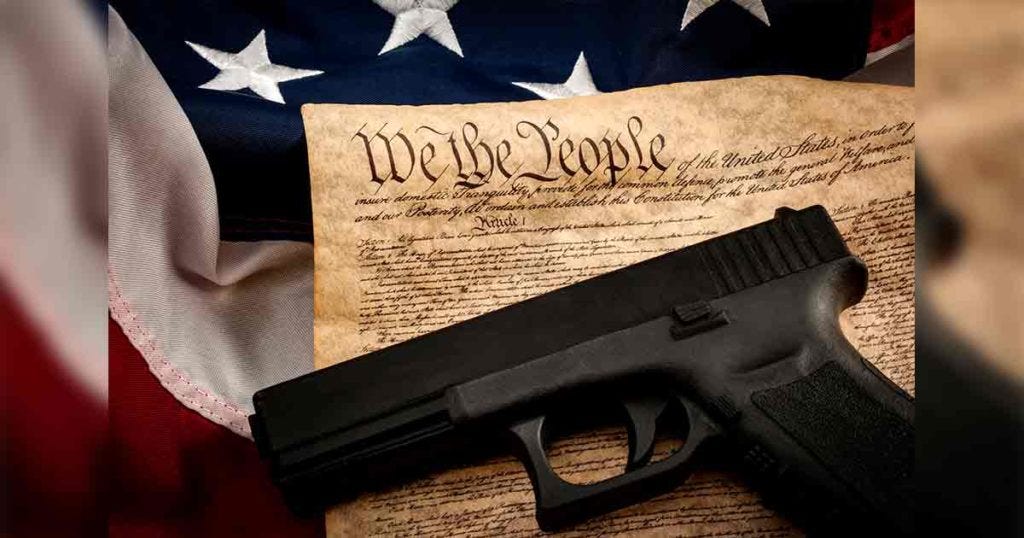
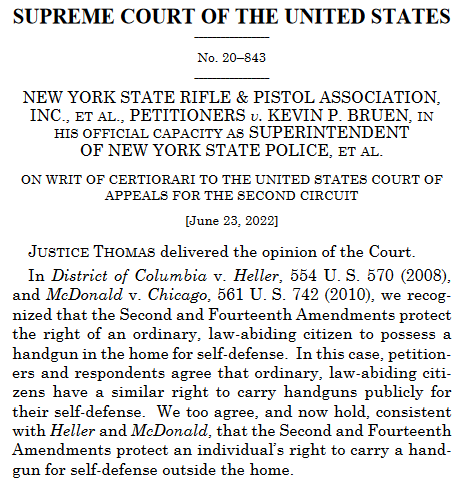
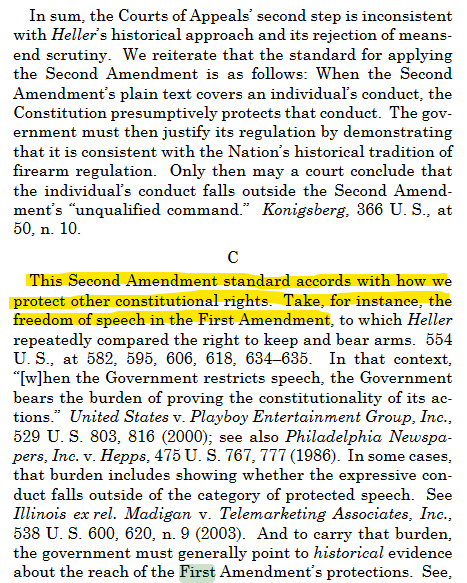
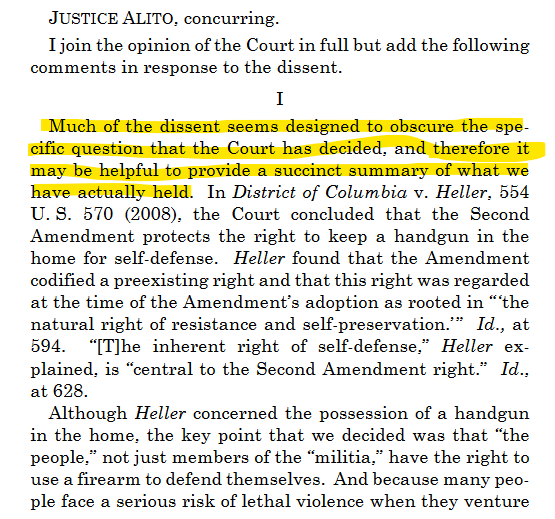
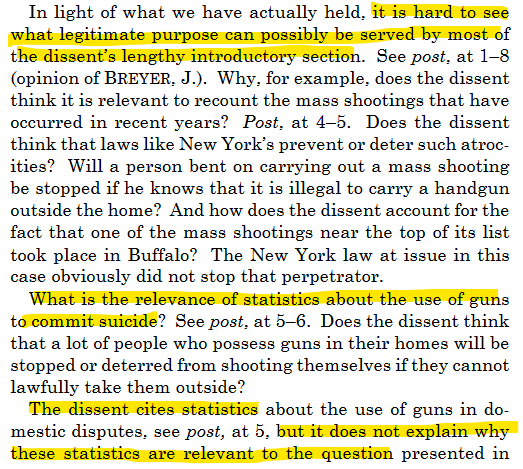
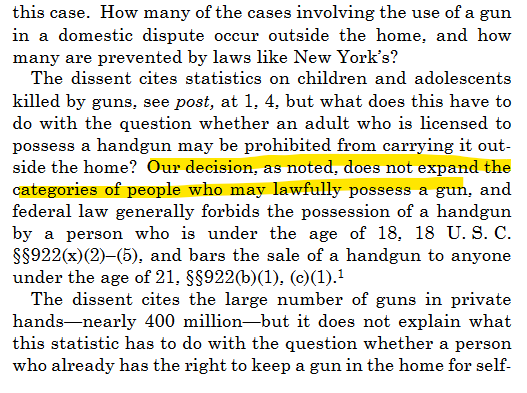

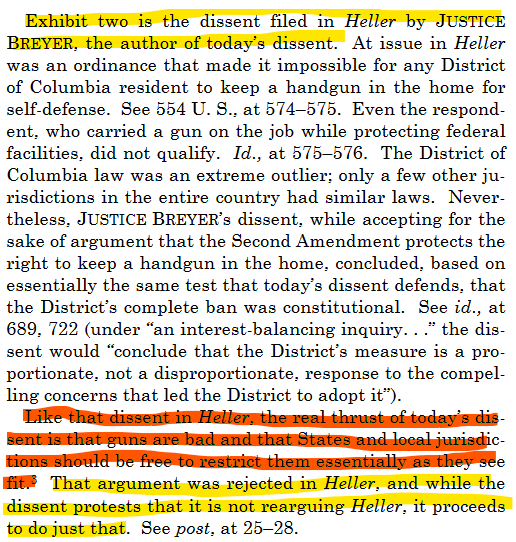
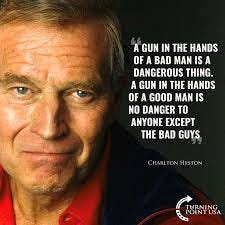
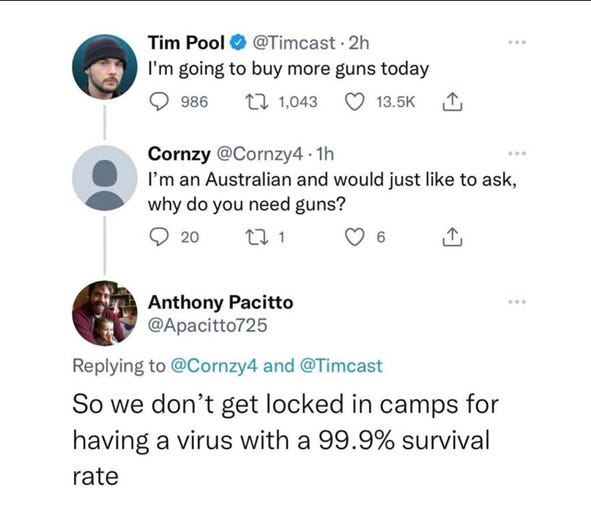
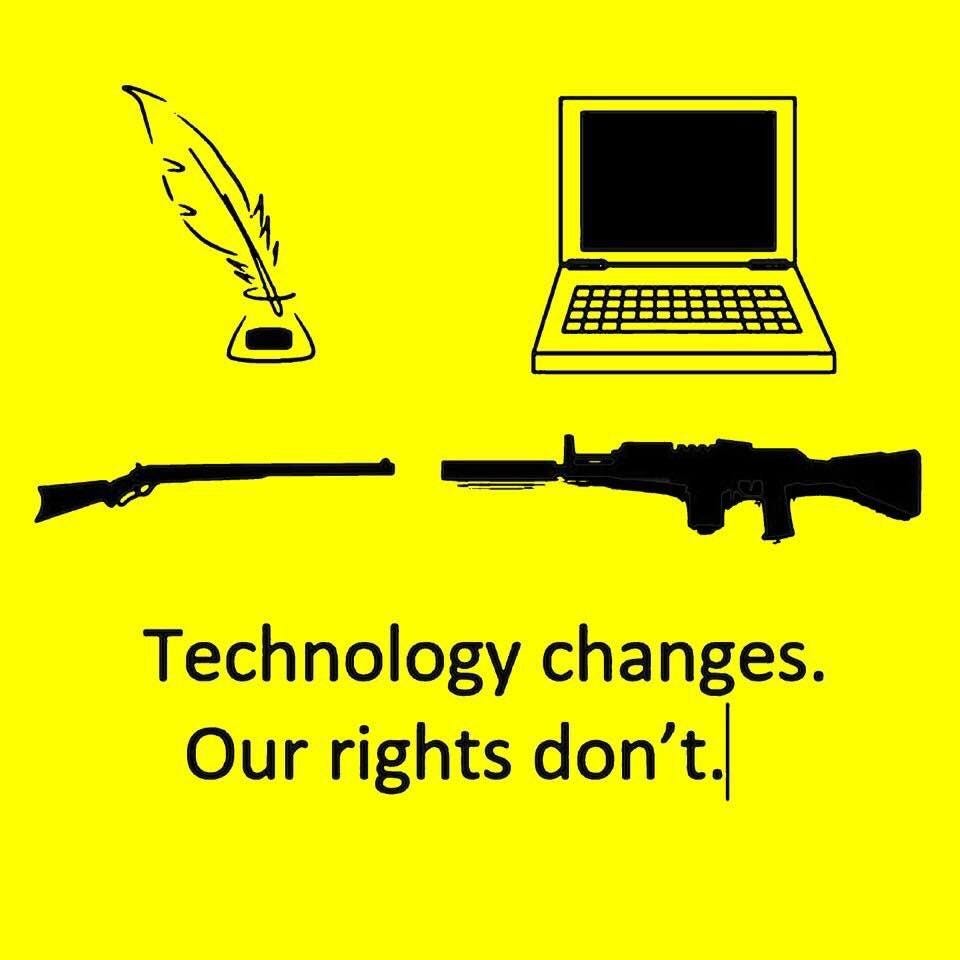
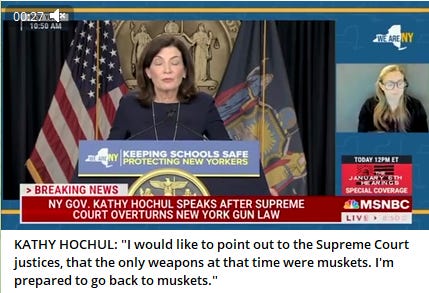
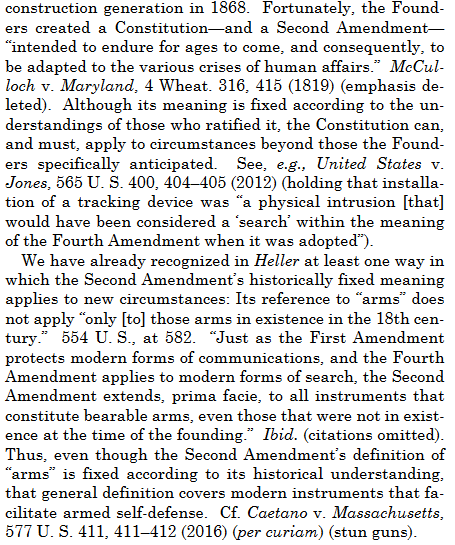
Well done sir. What a great commentary and article. Learned quite a bit. 
Great commentary! Thank you!